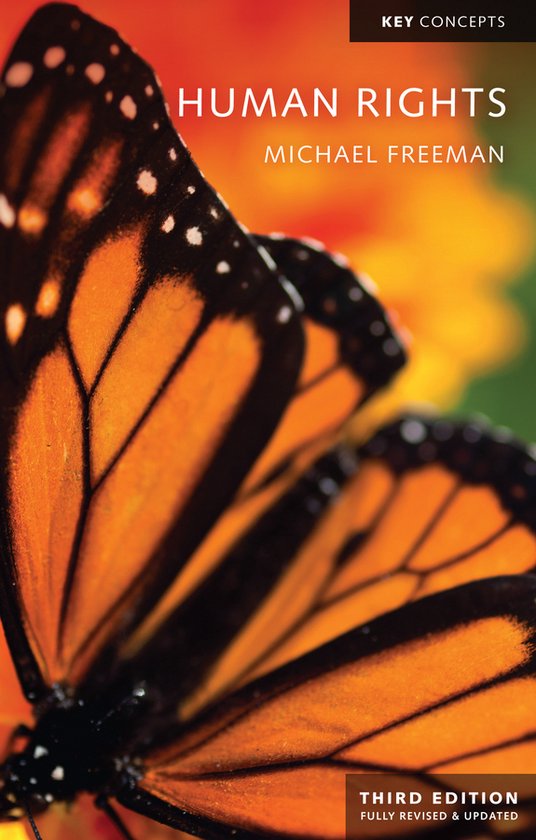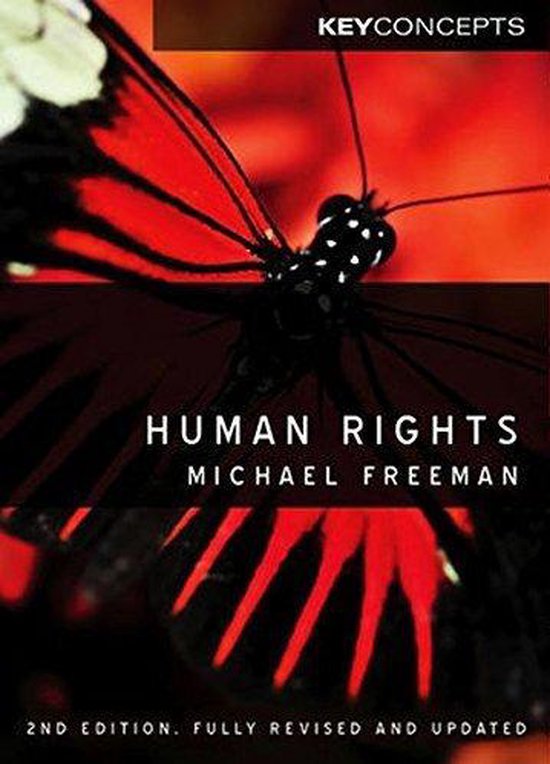
Human Rights
Human Rights is an introductory text that is both innovative and challenging. Its unique interdisciplinary approach invites students to think imaginatively and rigorously about one of the most important and influential political concepts of our time.
Human Rights is an introductory text that is both innovative and challenging. Its unique interdisciplinary approach invites students to think imaginatively and rigorously about one of the most important and influential political concepts of our time. Tracing the history of the concept, the book shows that there are fundamental tensions between legal, philosophical and social-scientific approaches to human rights. This analysis throws light on some of the most controversial issues in the field: Is the idea of the universality of human rights consistent with respect for cultural difference? Are there collective human rights? What are the underlying causes of human-rights violations? And why do some countries have much worse human-rights records than others? The third edition has been substantially revised and updated to take account of recent developments, including the Arab Spring , the civil war in Syria, the refugee crisis, ISIS and international terrorism, and climate change politics. Widely admired and assigned for its clarity and comprehensiveness, this book remains a go-to text for students in the social sciences, as well as students of human-rights law who want an introduction to the non-legal aspects of their subject.
Human Rights is an introductory text that is both innovative and challenging. Its unique interdisciplinary approach invites students to think imaginatively and rigorously about one of the most important and influential political concepts of our time. Tracing the history of the concept, the book shows that there are fundamental tensions between legal, philosophical and social-scientific approaches to human rights. This analysis throws light on some of the most controversial issues in the field: Is the idea of the universality of human rights consistent with respect for cultural difference? Are there collective human rights? What are the underlying causes of human-rights violations? And why do some countries have much worse human-rights records than others? The third edition has been substantially revised and updated to take account of recent developments, including the Arab Spring , the civil war in Syria, the refugee crisis, ISIS and international terrorism, and climate change politics. Widely admired and assigned for its clarity and comprehensiveness, this book remains a go-to text for students in the social sciences, as well as students of human-rights law who want an introduction to the non-legal aspects of their subject.
| Auteur | | Michael Freeman |
| Taal | | Engels |
| Type | | Paperback |
| Categorie | | Mens & Maatschappij |




